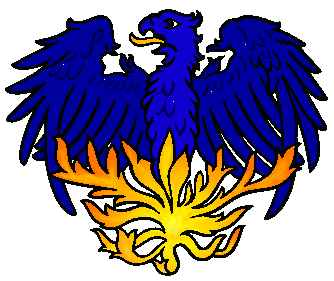Ding Dong, the Witch Is Dead
Milton Friedman, the economist that leftists love to hate, died on Thursday at age 94.
Friedman was widely regarded as a charming and pleasant person, so it's too bad that his legacy is so harmful to the world. Last month my grandmother passed away in a town just down the coast from where Friedman died, and it's safe to say that she did the world more good with her work on the library board and geneological society than Friedman did with his economics. Just like Sam Cooke, there are several subjects about which I don't know much, and one of them is economics, but I'll do my best to show where this animosity comes from.
Of foremost concern to people around Hyde Park should be that Friedman is probably the single name most associated with the University of Chicago. He is credited with founding the so-called Chicago school of economics, which in turn is credited with conferring a great deal of intellectual legitimacy on the conservative movement. Friedman was an ends-justify-the-means type of guy. One of his most famous works, The Methodology of Positive Economics, propounded the idea that it doesn't matter what your model's assumptions are as long as its predictions are accurate.
Which is handy if you plan to make the kind of friends Friedman made. Perhaps his most notorious ally in the government world was Augusto Pinochet, the reviled and ruinous Chilean dictator and human rights violator. Pinochet brought in scholars from the Chicago school to introduce Friedman's monetarist, free market ideas into Chile's economic policies. So if human rights violations are the assumptions of your model, that shouldn't matter as long as the economic prosperity predictions prove true, right? Obviously that's a fairly dubious claim, and it doesn't help that without regulation, the economic welfare of the poor and middle class in Chile deteriorated precipitously over the course of Pinochet's rule. But Friedman, apparently, didn't care about distributive justice in economics. Most economists today find it pretty hard to argue in favor of screwing the poor in your economic policy.
It's hard to prove a connection between Friedman and the development of the right-wing think tank infrastructure, but it walks and quacks like a duck, as they say. At the beginning of his day, Friedman was often the only economist opposing the Keynesian orthodoxy, which would later get Chile back on the right track after Pinochet. I would contend that his example of the potential power of having some scholarship to back up your wing-nut conservatism inspired other conservatives to build up the right wing think tank infrastructure, including places like the Stanford's Hoover Institution, with which Friedman himself was affiliated following his time in Chicago. It is this think tank infrastructure which does the intellectual leg work for today's conservative movement, testing and developing ideas like school vouchers.
So Friedman's gifts to the world were economic policies that are disasterous for almost everyone (i.e., those who aren't already rich) and a shining ray of hope for conservatives looking for scholarship to justify their ideology. Those who harm the world seldom think of their actions that way, but it seems that it didn't particularly matter to Friedman. Pleasant conversationalist or not, I don't mourn him.


0 Comments:
Post a Comment
<< Home